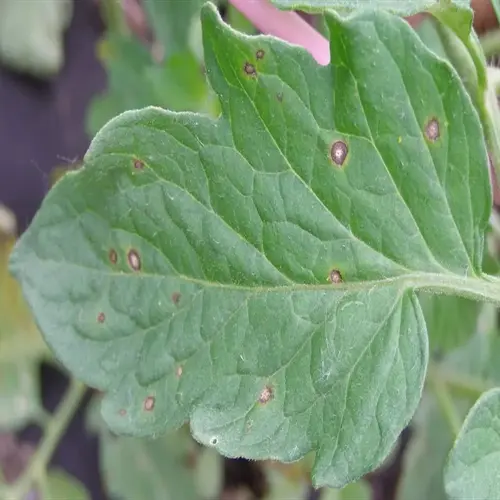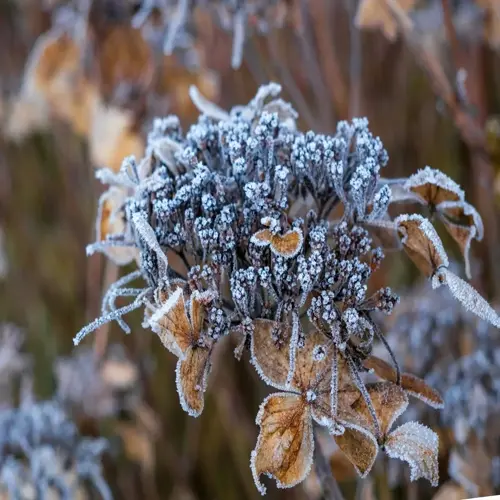How long do quality grow lights typically last?

Written by
Nguyen Minh
Reviewed by
Prof. Samuel Fitzgerald, Ph.D.The lifespan of a quality grow light varies dramatically by type and the level of ongoing care. Premium-quality LEDs have a lifespan of 50,000 hours or more, while HID lights typically fail after ~10,000 hours. My first fluorescent fixture lasted a paltry 18 months before needing to be replaced. If you recall from the prior section, the average lifespans for fixture types, you can plan for replacement accordingly.
Several factors influence the life cycle. Managing heat will greatly extend the useful life of the diode. Electrical power consistency will prevent voltage damage. Hours of service will gradually accumulate wear and tear. Environmental conditions will degrade materials. All these factors will result in significant variability in lifespan.
Heat Management
- Clean dust from heat sinks quarterly
- Maintain ambient temperatures below 85°F
- Ensure 4-inch clearance around fixtures
- Use thermal paste for better conduction
Power Protection
- Install surge protectors against voltage spikes
- Avoid frequent on/off cycling
- Use soft-start drivers for gentle ignition
- Maintain stable voltage within 10% fluctuation
Usage Optimization
- Limit continuous operation to 18 hours max
- Implement rest periods matching natural cycles
- Rotate fixtures between grow areas evenly
- Dim lights during low-activity periods
Identify end-of-life symptoms before total failure. The color of the LED changes indicates that the diodes have degraded. The ends of fluorescent tubes turn dark. The HID lights might flicker intermittently. A decrease in growth would indicate a reduction in light output. These indications assist in planning a timely replacement.
Calculate replacement timing using operational hours, and track usage in gardening journals. Premium LEDs typically need to be replaced every 5 to 6 years. Budget models require replacement every 2-3 years; factor in intensity measurements for accuracy.
Utilize preventative maintenance practices. Thoroughly wipe down fixtures monthly using a microfiber cloth. Regularly inspect the electrical connections every quarter. Periodically, keep the usage hours recorded. Routinely rotate the units out between the grow stations. Following these routines, for example, I had my LED fixtures last longer than specified by the manufacturer's lifetime rating.
Read the full article: 10 Best Indoor Grow Lights for Healthy Plants

